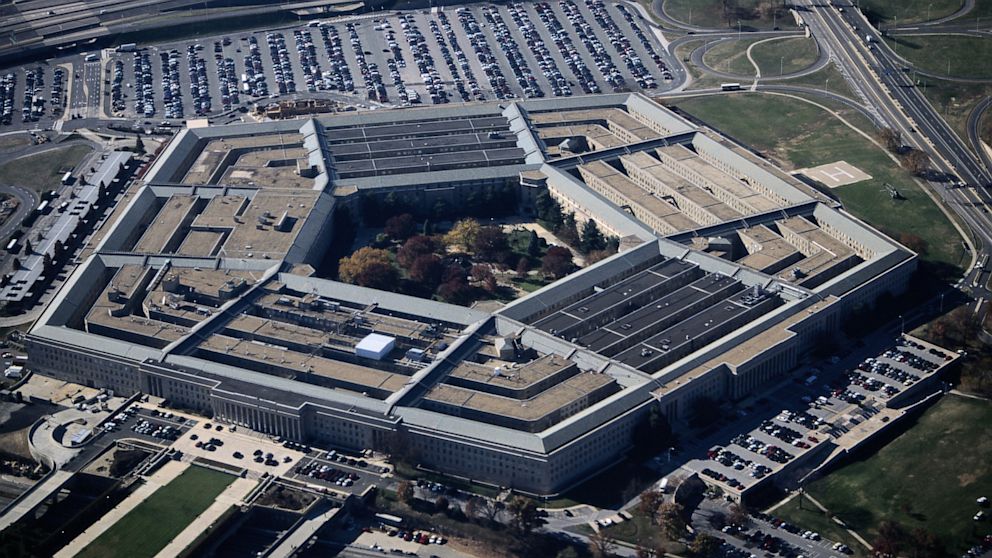The Pentagon has recently implemented a series of measures at military service academies to address the issue of sexual assaults. These measures come in response to the alarming increase in reported cases of sexual assault within the military, particularly at the service academies.
Sexual assault is a pervasive problem that affects not only the victims but also the overall morale and effectiveness of the armed forces. The Pentagon recognizes the urgency of addressing this issue and has taken significant steps to prevent and respond to sexual assaults within the military.
One of the key measures implemented by the Pentagon is the establishment of a Sexual Assault Prevention and Response Office (SAPRO) at each military service academy. These offices are responsible for coordinating prevention efforts, providing victim support services, and ensuring that proper investigations are conducted in case of reported incidents.
Additionally, the Pentagon has mandated comprehensive training programs for all cadets and midshipmen at the service academies. These programs aim to educate future military leaders about consent, bystander intervention, and the importance of fostering a culture of respect and accountability. By instilling these values early on in their careers, it is hoped that future officers will be better equipped to prevent and address sexual assaults within their ranks.
Furthermore, the Pentagon has increased resources for victim support services at the service academies. This includes hiring more trained counselors and advocates who can provide confidential support to survivors of sexual assault. These professionals play a crucial role in helping victims navigate the reporting process, access medical care, and receive necessary counseling.
To ensure accountability, the Pentagon has also implemented reforms in the way sexual assault cases are handled. Independent investigators are now involved in the investigation process, reducing potential conflicts of interest. Moreover, the Pentagon has established a centralized database to track and monitor sexual assault cases, enabling better data collection and analysis.
The implementation of these measures is a positive step towards addressing sexual assaults within the military service academies. However, it is important to acknowledge that there is still work to be done. The Pentagon must continue to evaluate and refine these measures to ensure their effectiveness and adapt them as needed.
It is also crucial to foster a culture of reporting and support within the military. Many victims of sexual assault still hesitate to come forward due to fear of retaliation or a lack of trust in the system. By creating an environment where survivors feel safe and supported, the military can encourage more individuals to report incidents, leading to better prevention and justice.
In conclusion, the Pentagon’s implementation of measures at military service academies to address sexual assaults is a significant step towards combating this pervasive issue. By establishing dedicated offices, providing comprehensive training, increasing victim support services, and improving the investigation process, the military is working towards creating a safer and more inclusive environment for all its members. However, ongoing efforts are required to ensure that these measures are effective and that the culture within the military continues to evolve towards one of respect, accountability, and zero tolerance for sexual assault.



